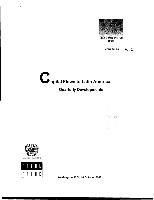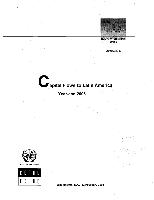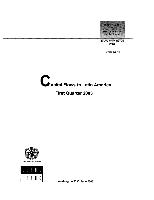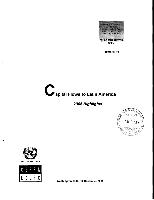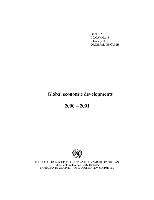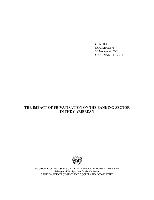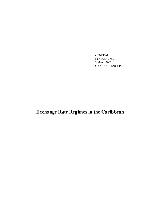In the second quarter of 2006, a hearty dose of volatility returned to financial markets. During May and June, uncertainty towards the global economic outlook amid rising interest rates prompted investors to abandon riskier markets around the world. Stocks in emerging markets plummeted as a resul...
Selecciona los documentos para visualizarlos
| Nombre del archivo | Ver recurso |
|---|




